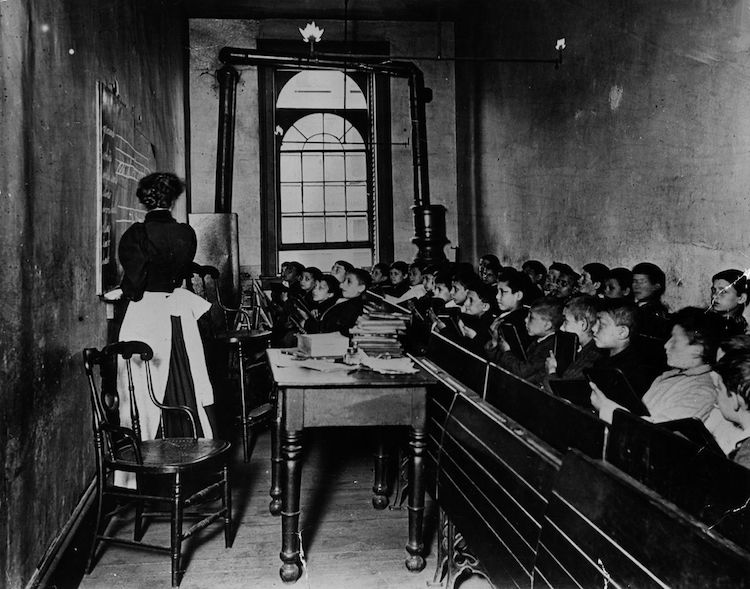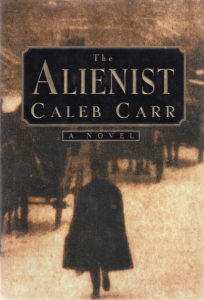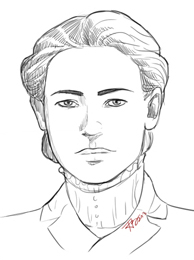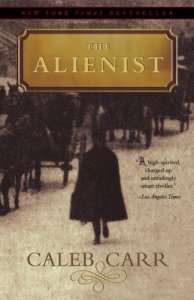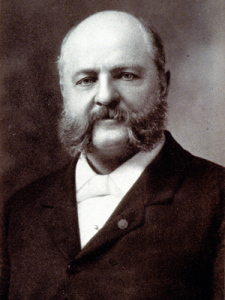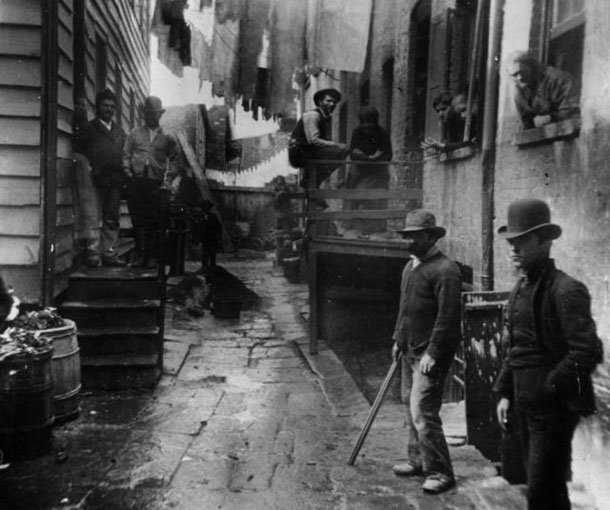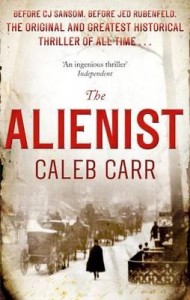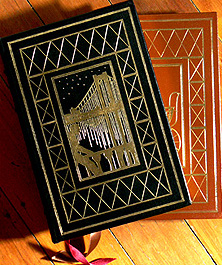
Plath’s The Bell Jar might not be the best message I want to send. I don’t know if The Catcher in the Rye is too cliché, or too much of a “guy’s” book. I love anything and everything Flannery O’Connor, but I’m not quite sure what that message would be. Gone With the Wind? Might send a confusing message without my explanation of why I love it, and who wants to carry around such a hulking book, anyway? Little Women? I mean, come on – ask most writers, we love Jo March. But it seems a little quaint for me.
Reading this, I couldn’t help wondering with some amusement what the contributor of that Book Riot post would think if someone such as myself were to turn up to such an event carrying a book with a storyline that included, to quote Stevie Taggert, “slaughtered boy-whores, cannibalism, and eyeballs in a jar”? Of course, strictly speaking, if I were to turn up to that kind of event with an Alienist book, it would be more likely to be The Angel of Darkness which is actually my favourite of the two novels. But is it really much of an improvement to turn up with a book containing a storyline that features, to quote John Moore, “kidnapping, murdered infants, grave robbing—and we did the grave robbing, for God’s sake—”?
Of course, for those of you who have read last year’s special three-part series on The Alienist, you will know that my reasons for loving the Alienist books extend far beyond “slaughtered boy-whores, cannibalism, and eyeballs in a jar.” Nevertheless, to all the other readers of the Alienist books, I find myself curious. What does your love of the Alienist books say about you? And if you weren’t going to take an Alienist book to represent “you” at a book exchange event, what novel would you take and why?
Now Closed
For those of you who might be curious, if I wasn’t going to take an Alienist book to represent “me” at a book exchange event, you would most likely find me with a copy of The House of Mirth or The Age of Innocence by Edith Wharton (impossible to choose between them), Mansfield Park, Emma, or Persuasion by Jane Austen (another impossible choice), The Woman in White by Wilkie Collins, Anna Karenina by Leo Tolstoy, To Kill a Mockingbird by Harper Lee, or The Meaning of Night by Michael Cox instead. All are among my favourite novels (the full list is, of course, much longer), all were written by psychologically insightful authors, and all explore similar themes in different ways; but none, it’s worth pointing out, have plots that revolve around serial killers (with the possible exception of The Meaning of Night depending on how you want to define “serial killer”).
Perhaps this will come as a surprise to many 17th Street visitors, but as a general rule I’m not a reader of horror or grisly crime fiction. Instead, my favourite novels—that is, the novels I re-read rather than those I read just once—tend to be classics or literary fiction that tackle the eternal questions, especially the question of what makes us who we are. William Nicholson gave C. S. Lewis a now famous line in Shadowlands: “We read to know we’re not alone.” I absolutely agree. In my own case, there is something comforting in the knowledge that there were, and continue to be, others out there—the Edith Whartons, Jane Austens, Leo Tolstoys, and Caleb Carrs of the world—who have, throughout history, seen human nature in much the same way that I do.

